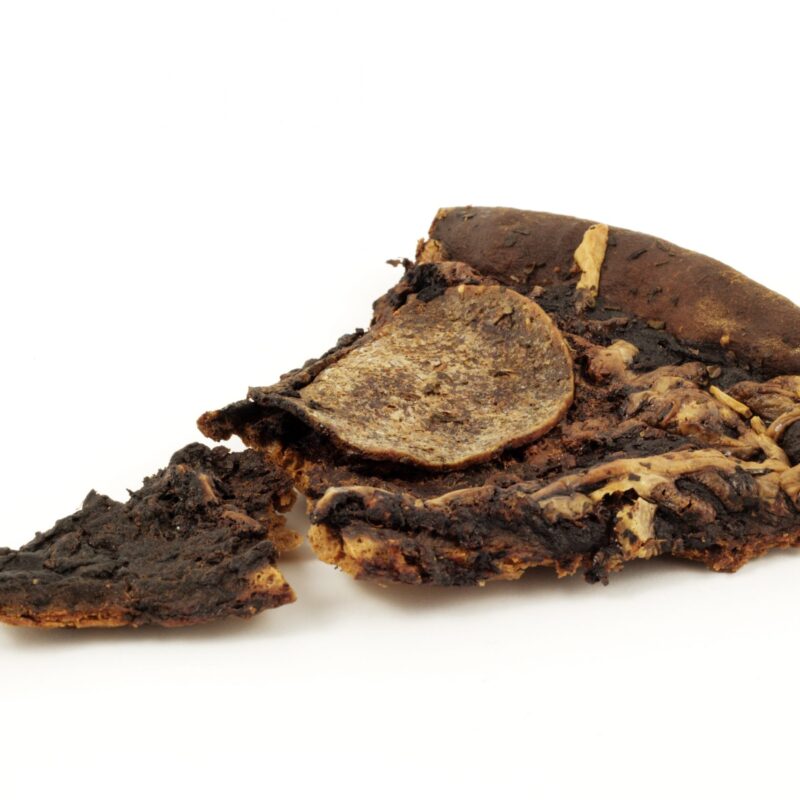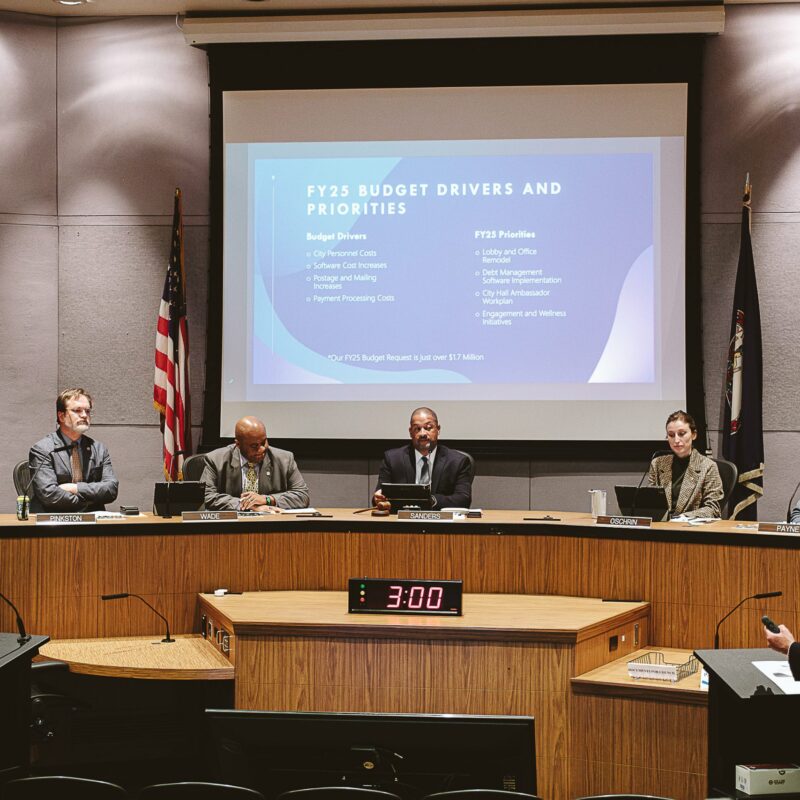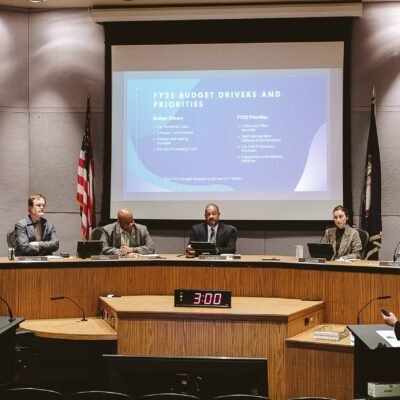
Those tired of "macaca"-gate can now move on to, um, "racier" ethnic slurs: Last week saw allegation after allegation published about racist comments and actions in George Allen’s past.
Oh, to be a fly on the wall at the Allen-for-senate headquarters. What can notoriously volatile Campaign Manager Dick Wadhams possibly be thinking as Allen’s reputation suffers, day by day, from the constant drip-drip-drip of accusations about the senator’s casual, college-age use of racist language? What was supposed to be an electoral cakewalk has turned into a desperate struggle for political dominance, and each new revelation about Allen’s colorful vocabulary drags the candidate closer to parity with his upstart challenger, former Secretary of the Navy Jim Webb.
Allen’s terrible, horrible, no good, very bad week began on Sunday, September 24, when Salon.com’s Michael Scherer published a detailed report, based on interviews with three of the senator’s former UVA football teammates, claiming that Allen “repeatedly used an inflammatory racial epithet and demonstrated racist attitudes toward blacks during the early 1970s.”
Still reeling from the ongoing “Macaca” mess—and his clumsy handling of questions concerning his mother’s Jewish heritage—Allen couldn’t have been happy to see these accusations in print. Still, Scherer only managed to get one player (former tight end Ken Shelton) to speak on the record, and Salon is well known for its liberal slant, so the Allen team surely hoped to simply dismiss the report and move on.
But then the floodgates opened. The following day, in rapid succession, The New York Times and MSNBC’s “Hardball with Chris Matthews” advanced the story significantly. Writing in the Times, David Kirkpatrick not only got more juicy anecdotes from Shelton (including a tale which involved Allen affixing a deer’s severed head to a black family’s mailbox), but also located yet another witness, Christopher Taylor, to attest to Allen’s offensive vocabulary. Taylor, who is now a professor at Alabama University, described an early-’80s tour of Allen’s farm in which the two man stumbled across some turtles. At that point, as the Times tactfully put it, “Mr. Allen said that ‘around here’ only the African Americans—whom he referred to by the epithet—‘eat ‘em.’”
Later that day, appearing on “Hardball,” ubiquitous talking head (and UVA alum) politics Professor Larry Sabato piled on: “The fact is he did use the N-word,” Sabato said, “whether he denies it or not.”
To make matters even worse, Allen soon found himself fighting a two-front war, as the Sons of Confederate Veterans (SCV)—once stalwart supporters of Virginia’s confederate-flag-loving senator—publicly criticized Allen for distancing himself from his previous stance. “The denunciation of the [Confederate] flag to score political points is anathema to our organization,” fumed ex-SCV state commander Brag Bowling.
Buffeted on all sides, Allen’s campaign made the most obvious of tactical decisions: It went on the attack. First Allen released a hard-hitting ad, featuring three female graduates of the U.S. Naval Academy, which accused Webb of being anti-women, both in his fiction and nonfiction writing. Then, apparently hoping to create a “pox on both their houses” backlash, the Allen campaign referred a Washington Post reporter to one Dan Cragg, who claimed that Webb also used the “N-word” while talking with Cragg about his days at USC in the 1960s.
“They would hop into their cars, and would go down to Watts with these buddies of his,” Cragg told the Post. “They would take the rifles down there. They would call them [epithets], point the rifles at them, pull the triggers and then drive off laughing.”
Although the story seems outrageous on its face (Webb immediately denied it, saying, “In 1963, you couldn’t go to Watts and do that kind of thing. You’d get killed”), it soon prompted a round of stories about Webb’s own use of racially charged language. (Webb employed the N-word in his first novel, Fields of Fire, but has said he never used it as a slur.)
It remains to be seen how all of this unpleasantness will ultimately play out at the polls. The voters of Virginia, it can safely be assumed, are getting weary of the nonstop mudslinging and reports of decades-old obscenities. The only real question, at this point, is which candidate is going to get punished for it.





